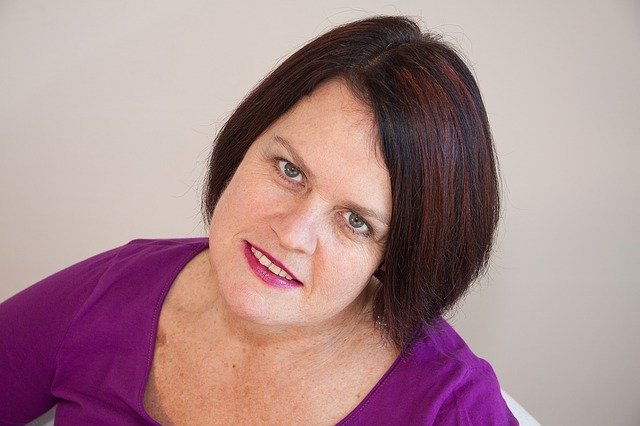What is a safety plan?
A Personal Safety Plan is a checklist that helps you to think about how to be safer when you are experiencing domestic abuse or thinking about leaving an abusive situation.
Many local Councils run a Sanctuary Scheme which is designed to give additional security measures to victims of domestic abuse who wish to remain in their own homes.
Why do I need a personal safety plan?
You can’t stop someone from behaving in an abusive way, only they can choose to stop. But you can do some things to help protect yourself and your family, you may already be doing some things that help to keep you safe.
Having a safety plan is about keeping you as safe as possible, looking at the dangers (risks) and planning how to make them less dangerous, where possible.
What dangers could I try to plan against?
Many victims of domestic abuse say that they know when something is going to happen, in this case, you could:
Think about being in a safer room – not a kitchen/ bathroom/ garage etc where there may be dangerous objects around.
Think about being where there is a way out, for if you need to escape.
Keep a spare key on you, or somewhere you can get to it quickly and easily.
Make sure there are no objects blocking the way to a door out.
Keep your mobile charged and in a safe, easy to get to place, so that you can phone for help.
Have some emergency money for bus fares somewhere safe and easy to get hold of.
Making a safety plan
Thinking about, or making, a plan to leave your situation can be scary and hard. There may be an increased risk of harm from your partner if they suspect you are making plans.
It is therefore important that you plan what you will do, where you will go and who you should tell.
A safety plan helps you plan in advance for the possibility of future violence and abuse. It also helps you to think about how you can increase your safety either within the relationship, or if you decide to leave.
Below are steps you can take to protect yourself and your children in the event of further violence or abuse.
IF YOU ARE STILL IN THE RELATIONSHIP:
Tell someone you trust what is going on - a friend, colleague or trusted family member
Teach your children how to call 999 and how to ask for help
Arrange a safe place to go in case you need to leave suddenly
Consider purchasing a pay-as-you-go phone and hiding it in case you need it in an emergency
Make several copies of important papers. Give one copy to a trusted friend or leave them at work
Proof of your identity – driving license, passport, birth certificates
Financial/insurance information
Benefit books or letters
Court orders
Make extra sets of important keys and hide them where you can get them if you need to, for example: leave a spare set of car keys with a friend.
Prepare a bag of essentials for yourself and your children. Clothing, medications, and documents. Hide the bag where you can get it in a hurry if you need to leave quickly.
Practice how you would leave home safely in an emergency
Use ‘Incognito’ mode in your browser or use the Exit or back button when using this or other domestic abuse websites so that it does not show on your internet history
Look at our Digital safety information on how to protect your footprint on the internet, your mobile phone, and on social media
Trust your own instincts, they are very likely to be correct
IF YOU DECIDE TO LEAVE:
There may come a time when you decide you need to leave the relationship. If this time comes it is important to know that there may be an increased risk of harm from your partner if they suspect your plans. It is therefore important that you have a safety plan.
Plan to leave the house when your partner is out, ideally for some time
Take your children with you and consider informing someone at the School of the situation
Try to take the essentials mentioned above with you, including documentation for yourself and your children
Take something both yourself and your children care about (toys, photos or other items)
Tell someone you trust your plans
Change the privacy settings and location service on your phone or consider changing your number
If you have not already done so, you can call a specialist service like Oasis for advice
If you are concerned about your relationship please talk to the police, attend your local One Stop Shop or call our helpline on 0800 917 9948. This will enable you to seek advice about possible legal protection, housing, benefits, family support and make an informed decision about your future.
Oasis can help you to make your plan
We’ll carry out a risk assessment with you to highlight the risk factors in your relationship and to help you to think through your options to reduce these risks.
You can also nominate a friend, family member or someone connected to you to help you to make a safety plan.
“I had tried to leave before, I spent two days at a friend’s house and I went back to him that is the difference with Oasis, it is the support you get and the people you meet who really help to keep you here and let you know what you are doing is right.”
Watch our webinars
With our Kent and Medway Domestic Abuse Service partners, we’ve created a series of webinars to help everyone learn about domestic abuse and how to support survivors. The series includes a range of 15 minute bitesize videos and 1 hour webinars


